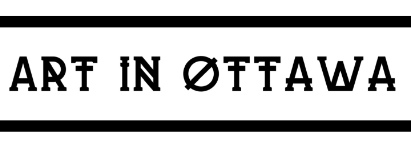Banksy is a pseudonymous street artist, political activist, and film director based in England, with his true identity remaining unconfirmed and widely speculated. Active since the 1990s, his satirical street art and subversive messages blend dark humor with a unique stenciling style. His works, offering political and social commentary, can be found on streets, walls, and bridges worldwide.
Now, Banksy is facing a legal battle that could cost him the rights to his own name. A greeting card company, Full Colour Black, has challenged his trademark, claiming he hasn’t used it and seeking its cancellation.
Banksy denies the accusation, stating he has used the trademark to sell his art and merchandise. The case will be heard in April at the Intellectual Property Office, and Banksy’s team is expected to present evidence publicly for the first time.
In a rare statement, Banksy criticized the company for trying to seize his name to sell fake merchandise. Full Colour Black’s owner, Andrew Gallagher, has also previously filed a defamation lawsuit against Banksy over an Instagram post promoting theft from a GUESS store.
Though Banksy’s identity remains secret, his team plans to prove he has sold merchandise between 2017 and 2022 during the tribunal.
The firm that authenticates Banksy’s works has sold items like clocks, mugs, T-shirts, and a handbag through his online store. Banksy also set up a pop-up shop, Gross Domestic Product, in 2019, though it never opened publicly. The shop displayed items like the stab-proof vest worn by Stormzy at Glastonbury.
Despite criticizing commercialism and claiming “copyright is for losers,” Banksy’s team insists that this doesn’t allow for misrepresentation or fraud. Some argue Banksy’s trademark no longer functions, as the public frequently uses his name descriptively, not as a brand. They also claim that his control over the trademark could unfairly stifle competition.

